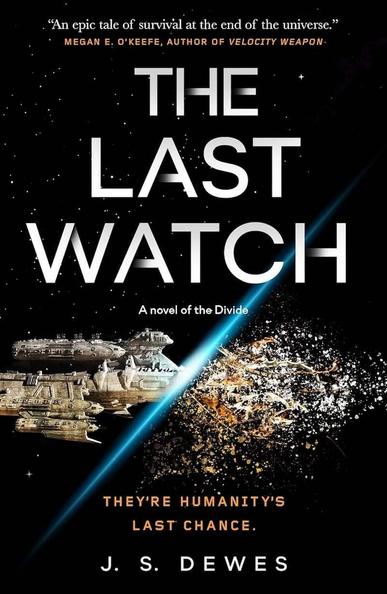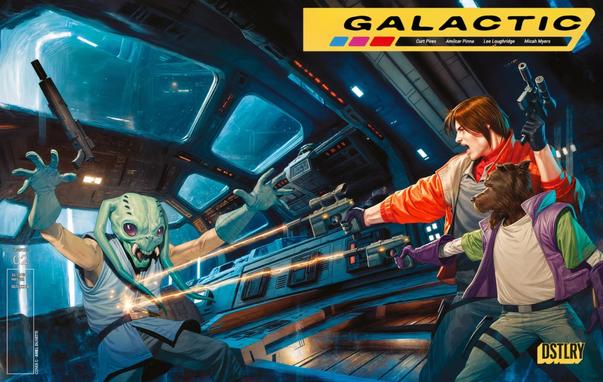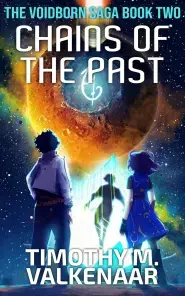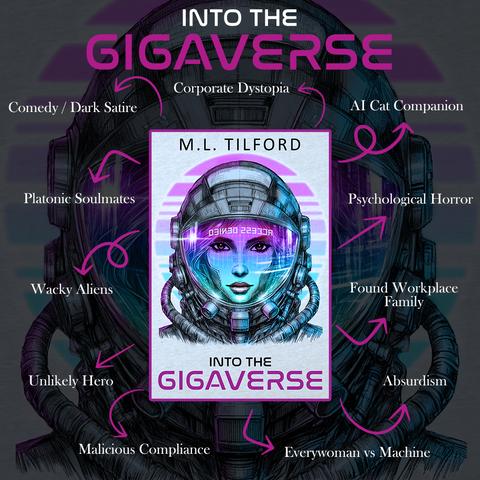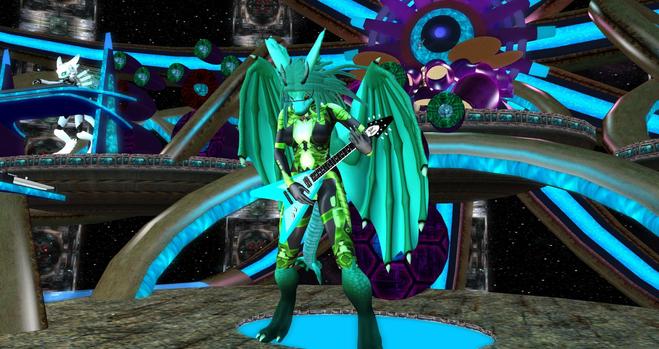Started reading J.S. Dewes' "The Last Watch."
https://amzn.to/4mabeQa
📖🪐🚀
Exciting for this #SciFi #SpaceOpera trilogy, especially after ripping through the first 68 pages.
#books #reading #ScienceFiction
#spaceOpera
Galactic, la space opera adulta che unisce romanticismo e violenza
https://fed.brid.gy/r/https://www.galaxyaddicted.it/2025/12/galactic-serie-sci-fi-adulta-dstlry/
Jeff Hawke by Sydney Jordan
#comicstrip #jeffhawke #scifi #sciencefiction #comicstrips #spaceopera
Chains of the Past (The Voidborn Saga #2) by Timothy M. Valkenaar
Release Date December 16, 2025
#ScienceFiction #SpaceOpera
Convictions, the serial story set in the Get Lost universe, continues! It's time to stop thinking about escaping The Rock, and actually do it!
https://www.noahchinnbooks.com/2025/12/15/9-objects-in-motion/
#SF #scifi #sciencefiction #serial #convictions #writing #getlostsaga #noahchinnbooks #lostsouls #novel #getlost #spaceopera
Jeff Hawke by Sydney Jordan
#comicstrip #jeffhawke #scifi #sciencefiction #comicstrips #spaceopera
Into the GigaVerse is Available Now Read Free on Kindle Unlimited a.co/d/ehhytz9 #booklaunch #scifi #spaceopera #ku #kindle #kindleunlimited #satire #comedy #horror
There's a particular kind of clarity that comes when everything you love is taken from you. A sharpening of purpose. A willingness to do things you never imagined yourself capable of doing. When nine alien species claimed Earth, they made one critical miscalculation: they took my son.
I should mention—I found a ship. An ancient one. The kind that changes the math considerably.
Earth Unbound: Legacy Rising Coming 2026
🌐 jhawkens.ag-sites.net
#EarthUnbound #SciFi #MilitarySciFi #SpaceOpera
Jeff Hawke by Sydney Jordan
#comicstrip #jeffhawke #scifi #sciencefiction #comicstrips #spaceopera
Here’s the YouTube live stream of our show this evening, Saturday 13 December 2025:
https://www.youtube.com/watch?v=wfprBjGf9aE
#alazarinmobius #theinvisibleband #interplanetaryliberationfront #progressiverock #spacerock #secondlife #cubase #livestream #bandcamp #youtube #music #progrock #livestreammusic #scifi #spaceopera #mastomusic #musodon
Jeff Hawke by Sydney Jordan
#comicstrip #jeffhawke #scifi #sciencefiction #comicstrips #spaceopera
Here’s the YouTube live stream of our show this evening, Friday 12 December 2025:
https://www.youtube.com/watch?v=NLYDWLUW6lM
#alazarinmobius #theinvisibleband #interplanetaryliberationfront #progressiverock #spacerock #secondlife #cubase #livestream #bandcamp #youtube #music #progrock #livestreammusic #scifi #spaceopera #mastomusic #musodon
Jeff Hawke by Sydney Jordan
#comicstrip #jeffhawke #scifi #sciencefiction #comicstrips #spaceopera
Some secrets are written in your DNA.
Some truths are older than your species.
Some choices will define everything that comes after.
EARTH UNBOUND: LEGACY RISING
The legacy begins. 2026.
#SciFi #MilitarySciFi #SpaceOpera #BookTwitter #DebutAuthor
Mon #VendrediLecture est (pour moi) une relecture #SF d'un auteur que j'adore avec un #spaceopera court (si, si à l'époque c'était courant) et enlevé : https://www.outrelivres.fr/lile-des-morts/ #MastoLivre @mastolivres @bookstodon
Jeff Hawke by Sydney Jordan
#comicstrip #jeffhawke #scifi #sciencefiction #comicstrips #spaceopera
After a hiatus, I'm working on the serial story Convictions again! Things are about to change as Aballa, Ema, and Jenna start planning their escape.
https://www.noahchinnbooks.com/2025/12/10/8-we-gotta-get-out-of-this-place/
#SF #scifi #sciencefiction #serial #convictions #writing #getlostsaga #noahchinnbooks #lostsouls #novel #getlost #spaceopera
A routine relic hunt on a remote asteroid turns into a fight for survival. Captain Jack Grady and his crew stumble into something ancient, hostile, and very much awake.
Grab your FREE sci-fi adventure: https://dl.bookfunnel.com/rftqbjh2fm?tid=vfkmqgf8i2
#SciFi #SpaceOpera #Bookstodon #FreeBooks #AmReading #SciFiBooks
Here’s the YouTube live stream of our show this evening, Wednesday 10 December 2025:
https://www.youtube.com/watch?v=APsm-HmsGhI
#alazarinmobius #theinvisibleband #interplanetaryliberationfront #progressiverock #spacerock #secondlife #cubase #livestream #bandcamp #youtube #music #progrock #livestreammusic #scifi #spaceopera #mastomusic #musodon
Desde Chile 🇨🇱, recibimos a Francisco Araya Pizarro, ganador del Décimo Lugar en nuestro certamen. Y no es para menos: su escritura es arquitectura pura del caos.
Francisco nos lleva a futuros lejanos donde la fe no ha muerto, sino que se ha transformado en una pesadilla tecnológica:
Compra desde cualquier parte del mundo:
🔗 https://a.co/hliUqZJ
#EditorialDigitalMeperson #FranciscoArayaPizarro #SciFiTerror #TerrorChileno #SpaceOpera #AngustianteLlamadoDeLaFe #CyberpunkOscuro
